Just like adults, kids need plenty of water to carry out daily functions. As a parent, it can be hard to gauge how much water your child needs to stay properly hydrated.
Did you know kids’ bodies are 60-70% water? That’s a lot of water! Water is abundant in the brain, heart, lungs, skin, and even bones. The vital nutrient helps control body temperature, supports healthy digestion, brings wastes out of the body, prevents constipation, and much more.
Plus, it’s evidence based that being well hydrated improves mood, memory, and attention in children. And as the drink of choice by pediatricians, lucky for us, it’s also economical!
So, what are the best ways to keep your little ones hydrated as we face the hot, Denver summer? (Hint: sugar-sweetened drinks are a no-no.) Below are some fun tips from your favorite integrative pediatricians on how to keep the family hydrated this summer!
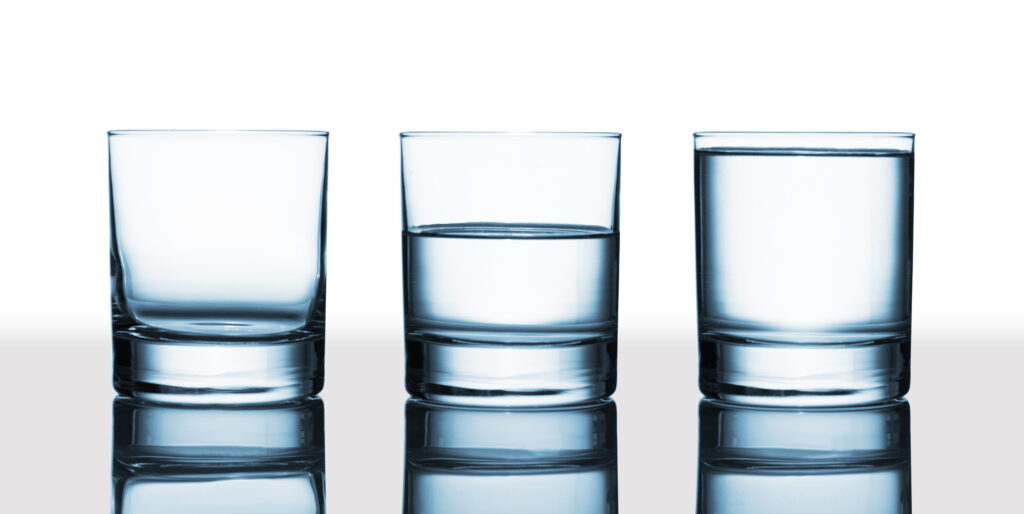 How much water does your child actually need?
How much water does your child actually need?
That’s a great question—and the answer is, it depends!
Kids between 1 and 3 years need approximately 4 cups of hydrating liquids like water or milk per day.
Kids ages 4 to 8 need 5 cups.
And, those older than 8 years old need 7 to 8 cups to maintain healthy hydration.
This figure varies based on the age, height, and weight of your child. Please consult your Partners in Pediatrics provider to a more details.
Why is this so important?
Water is absolutely essential for a healthy, functioning body. And, in the hot Rocky Mountain sun, it’s easy for kids to get dehydrated quickly, which can cause health risks.
Causes of Dehydration
Children are more likely to become dehydrated when the following factors are in place:
- After lots of physical activity or exercise
- With severe vomiting or diarrhea, or if they have a fever
- If they take certain medications, such as diuretics
- If they don’t drink enough, especially during times of illness
- If they are younger than six months of age
- In hot weather
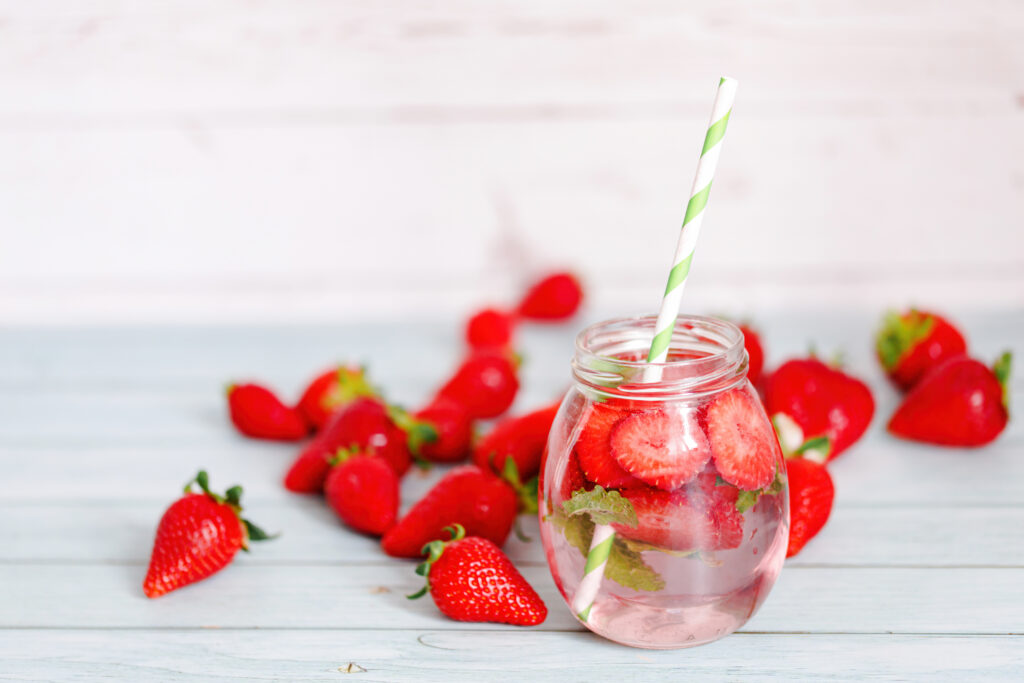
Get creative with keeping your child hydrated!
In order to battle the elements of the hot, Denver summer, and keep the family happy, healthy, and hydrated, try these easy tips:
- Use frozen fruit in place of ice cubes or consider buying fun, reusable straws.
- Infuse your water with flavor by adding fruits like cucumbers, lemons, and limes.
- Freeze ice cube trays with berries and add this to your water to keep it extra cold.
- Make homemade popsicles with water, fresh fruit, and a little bit of no-sugar added juice for a sneaky (and delicious) way to hydrate.
- Eat water-rich foods throughout the day. Cucumbers, watermelon, strawberries, tomatoes, and zucchini are all largely water — plus give you the benefit of important vitamins and nutrients.
- Provide your child with their own special drinking cup. Make it a project by letting your kids decorate their own bottle or hydro flask with waterproof stickers.
- Buy tiny water bottles (4 or 8 ounces) that are easy for kids to hold and drink. Teach them to use the faucet to fill their cup or how to use the water dispenser on the fridge.
- Set up a reward system when your child drinks more water. Give your child a reward sticker (maybe one for their new water bottle)!
- Be a role model. The more your children see you carrying out healthy habits, the more likely they are to do the same.
- Carry a water bottle. Keep one in your car, their backpack, take it on trips, and keep one in your refrigerator at home for easy access.
- Freeze some freezer-safe water bottles for ice-cold water all day long.
- Choose water instead of sugar-sweetened beverages. Substituting water for one 20-ounce sugar-sweetened soda will save your child (or you) about 240 calories. Sugar-sweetened beverages can include fruit drinks, sports drinks such as Gatorade and Powerade, and non-diet soda.
- Choose water instead of other beverages when eating out. Generally, you will save money and also reduce calories.
A Few Drinks to Avoid
Water and milk are all the drinks kids need. So don’t believe all the hype surrounding many of the other drinks marketed to kids. These usually contain a lot more sugar than children need in a day and can contribute to poor health. Here’s what to avoid:
Sugary drinks: Make a rule: no sugar-sweetened beverages for your children who are less than 2 years of age. And try to limit them for your older children as much as possible. This includes sports drinks, juice cocktails, sodas, lemonade, and sweetened water. Added sugars can also lead to excess weight gain, dental cavities, diabetes, and more.
Juice: Even 100% juice should be limited. While juice can contain some vitamins, it is high in sugar and low in the healthy fiber found in whole fruit. Because of its sweet taste, once children are offered juice, it can be difficult to get them to drink plain water. Keep these amounts in mind:
- Children less than a year should not drink any juice at all.
- Children 1-3 years of age should have no more than 4 oz of juice per day.
- For older children, juice is only recommended if whole fruits are not available.
Flavored milk: Flavored milk can be much higher in sugar than plain milk. Despite the benefit of calcium and vitamins, the added sugars should be avoided.
Artificially-sweetened drinks: Health risks for children from artificial sweeteners are not well understood. Due to this, it is best to avoid these drinks. Instead, make water readily available to encourage healthy hydration.
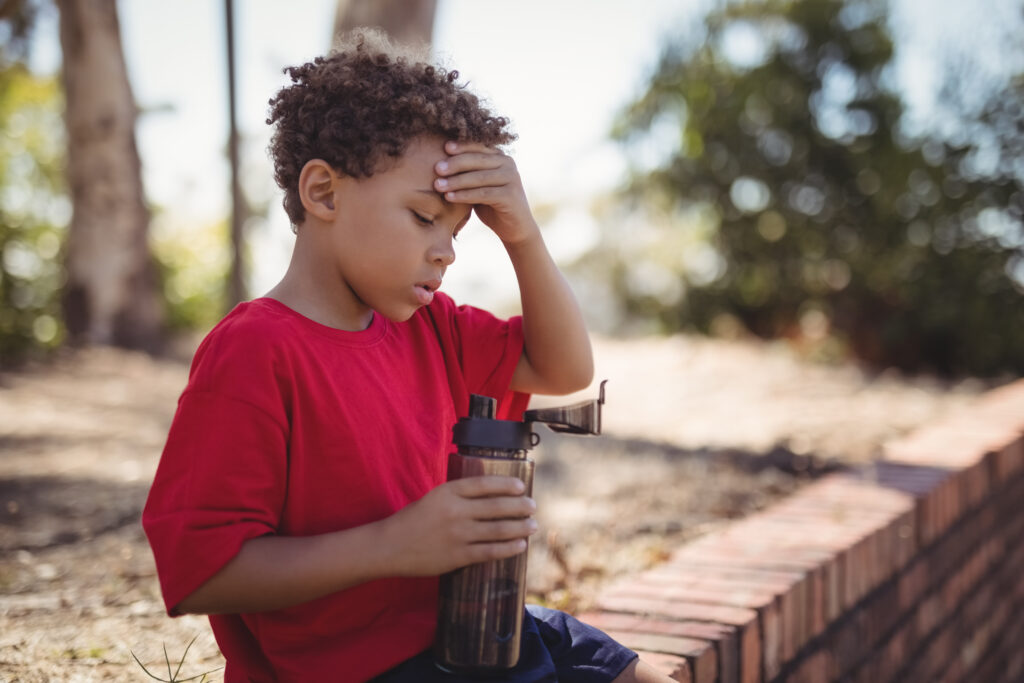 Signs of Dehydration
Signs of Dehydration
Children are more prone to dehydration than adults because their bodies don’t cool down as efficiently. Summer heat can increase this risk. Danger arises when fluids leave the body through sweating faster than they are being replaced.
Even with the best habits and intentions, trouble can arise and severe dehydration can be life-threatening. It is important to know the signs of dehydration so you can address them quickly.
Infants 0-6 months should only be drinking breast milk or formula. Additional water is not recommended at this age.
Around 6 months, complementary foods and small amounts of water can be added. If you are worried that your infant is not getting enough to drink, call your pediatrician immediately. The most noticeable symptoms of dehydration in this age are:
- Fewer wet diapers, with the typical range being from 6 to 8
- Overly sleepy
- Sunken soft spot (fontanelle) on the baby’s head
- No tears when crying
As children get older, they are better able to tell you how they are feeling. However, it is still necessary to keep an eye on them since children at play often have a hard time stopping. Symptoms in older children include:
- Dry lips or sticky mouth
- Less urination or dark-colored urine – remember urine should be very light yellow, almost clear
- Sleepy and irritable
- Flushed skin
In teens, dehydration is a big risk especially if they do high-intensity workouts or heavy team practices. Most common signs for this age group are:
- Dry lips or mouth
- Lightheadedness
- Cramps
- Thirst
- Dark or less urine
- Headache
- Rapid pulse
- Flushed skin
- Feeling excessively hot or cold
Remember
Staying properly hydrated keeps the body and mind running efficiently and feeling strong. Serve water with meals and snacks. Take those extra few minutes to pack the water bottles before your family heads out the door. Helping your children choose water first, and modeling this choice yourself, builds healthy habits that will pay dividends for a lifetime!
With a little effort—and a whole lot of fun—your child will make hydration a part of their daily routine. Their bodies will thank them (and you!) for it.
At Partners in Pediatrics, we are holistic pediatricians committed to educating the mile high city with functional wellness / health care topics. We are dedicated to providing your family with exceptional pediatric care using a holistic approach – combining conventional medicine, holistic treatments, and alternative remedies.
As always, please get in touch with us with any questions about hydration and summer safety. If you’re in need of more comprehensive advice, please contact our team serving the Denver metro area, Littleton, City Park, Cherry Creek, and the surrounding areas of Colorado.
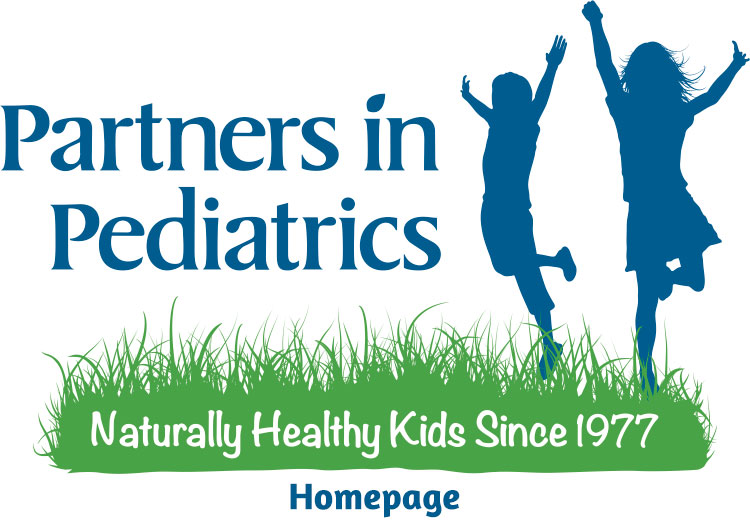


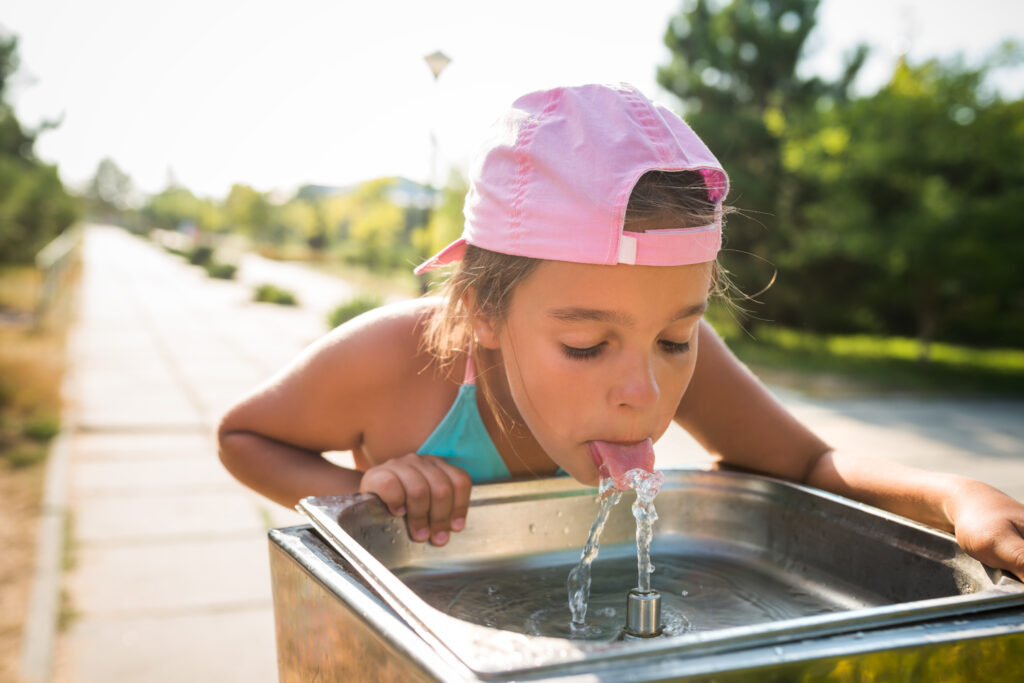
Leave a Reply